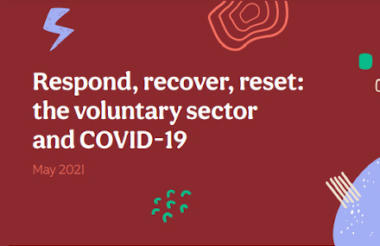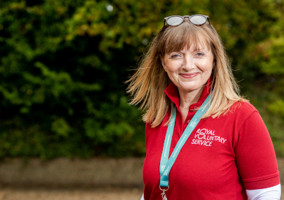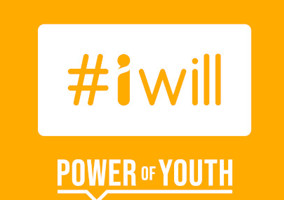Some charities benefited from an influx of new volunteers during the pandemic, while others had to pause their activities, according to new research.
The latest Respond, Recover, Reset report from NCVO, Nottingham Trent University and Sheffield Hallam University found a “mixed” picture for charities and other organisations that work with volunteers.
Between 19 and 26 April, 579 organisations took part in a survey. Two-thirds were registered charities, 20% said they were limited companies, and 11% were community interest companies or voluntary associations.
Nearly a quarter of respondents, 24%, said they had experienced an increase in volunteering. This is attributed to existing volunteers having more free time and to new people getting involved.
However, 36% said there had been a decline. This was due to social distancing, restrictions on what services can run and vulnerable volunteers needing to shield.
This is the seventh wave of the project and the focus on volunteering comes a week before Volunteers’ Week.
Daniel King, professor of organisational behaviour at Nottingham Trent University and project lead, said: “The pandemic has seen a shift in not only who has been volunteering but also how they are volunteering.”
He explained that where some people were unable to volunteer in-person it led to “reduced volunteer capacity and at the same time they have had to engage more with volunteers to support their wellbeing”.
On the other hand, King said other people had more time to volunteer.
“This has opened up new ways of volunteering, through digital and remote practices, and introduced a more diverse group in terms of skills and demographics than would otherwise have been involved in volunteering,” he said. "This is a real positive of the pandemic.”
More diversity
The research found that there had been a shift towards a more diverse volunteer cohort in many organisations.
The report says: “Alongside this increase in the numbers of volunteers many organisations also reported a significant shift in the diversity and range of volunteers that participated.”
New volunteers came from a “diverse range of age, gender, ethnicity and cultural backgrounds”, it adds.
This can partly be explained by people who had been furloughed having more time to volunteer, the report says.
By having a broader range of volunteers, respondents said they benefited from new skills and connections with businesses.
But the report also notes that because many of these new volunteers had previously not engaged much with the sector, there was a “two-way process of learning” between volunteers and organisations.
Digital tools
Nearly all respondents, 92%, said that they had moved services online in the past year, as a result of the pandemic.
In 39% of organisations this had a knock-on effect of more volunteer roles being carried out remotely.
Just over a quarter, 26%, of the respondents found they also needed to recruit volunteers with different skill sets to their normal volunteers.
“Some organisations have seen their pool of potential volunteers increase due to having more digital roles,” the report says. “In particular running services, meetings or tasks digitally means that they can recruit volunteers throughout the whole of the UK.”
‘Pivotal moment’ for the sector to sustain changes
Researchers said the challenge now is to continue to attract and retain the new volunteers.
Alex Farrow, head of networks and influencing at NCVO, said: “The increase in volunteer diversity during the pandemic is welcome and overdue, and the new opportunities and flexibility opened up by digital and micro volunteering are exciting for the sector. We need to consider what measures can sustain these changes and ensure volunteering is open to all.”
He added that it was a “pivotal moment for all volunteer engaging organisations to build on the positives we have seen in the pandemic and plan strategically for the future of volunteering”.
However, some respondents said that some opportunities had already been missed.
One senior manager from a local authority said: “Because there was a pandemic people responded and said ‘right I’m going to do something for my community’ and all of a sudden there was this huge social action movement, but it only lasted a few months and then everything went back to normal.
“We missed an opportunity to capitalise on that and say to those people ‘Right, you volunteered, how can we engage you continuing to give your time up to help a local cause?’.”
Related articles












